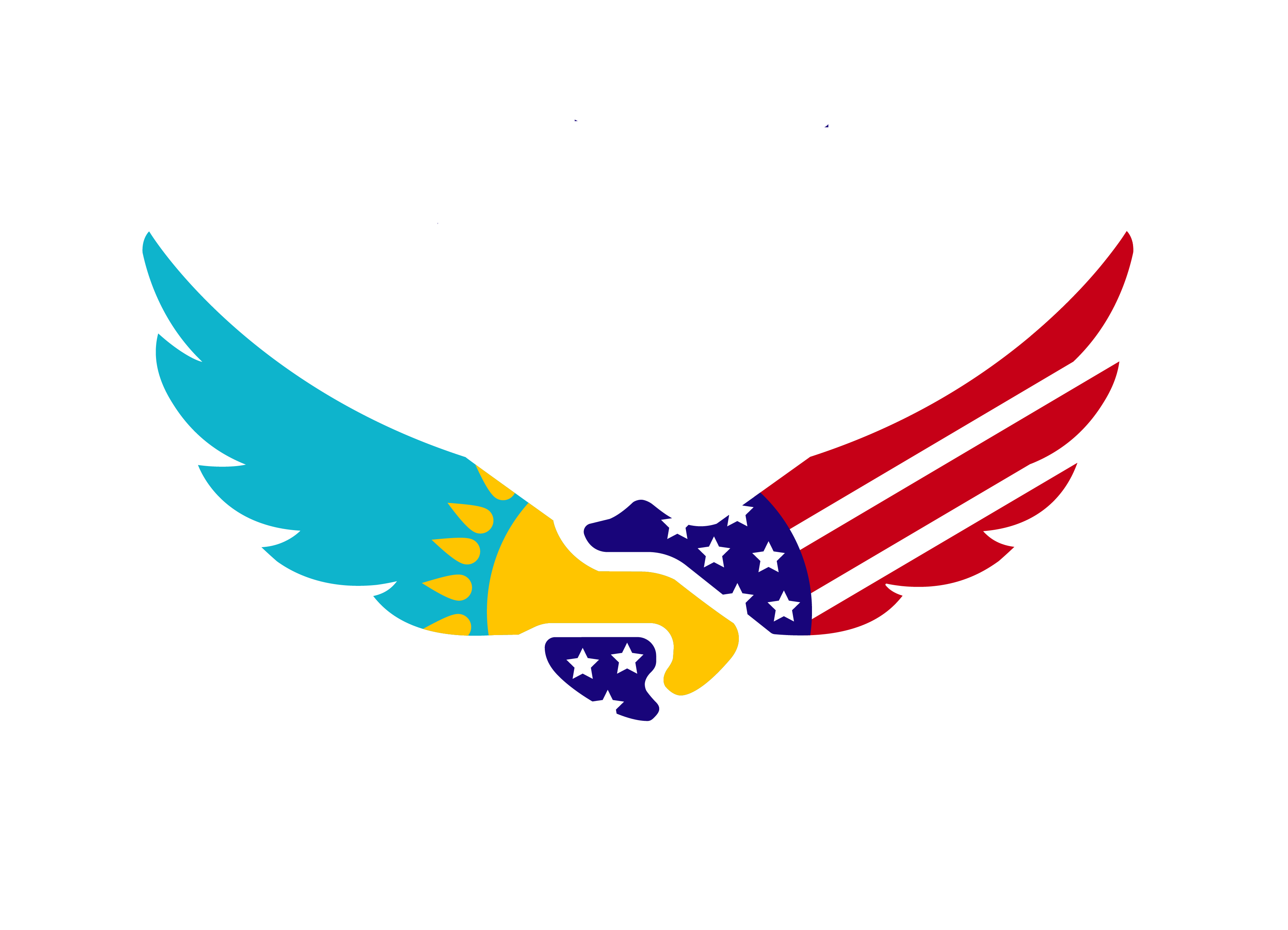In the 20s century, basic skills which were taught at every educational institution formed the foundation and essence of education as a whole. In the 21st century, we should be adaptive and continue learning throughout our whole lifetime, thus following the principle of lifelong learning.
The modern theory of management divides skills into hard skills and soft skills. Hard skills may relate to specific tasks the result of which can be measured: this is what most educational and training programmes have been focused on. However, discussions are being held now to decide if it is enough to only emphasise the importance of soft skills and whether the current theory is still relevant. For example, authors of the report on Skills of the Future at Skolkovo Moscow School of Management offer a new model:
· Context-specific skills
Skills that are developed and applied in a specific context. Professional skills (programming in a specific language), physical skills (for example, driving a car) or social skills (for example, video blogging).
· Cross-contextual skills
Skills that can be applied in a larger domain of social or personal activities: the ability to read and write, time-management skills, teamwork skills, etc.
· Existential skills
Skills that can be universally applied throughout the lifetime and in different living contexts of an individual. They include the ability to set goals and achieve them (willpower), self-awareness/self-reflection (mindfulness, meta-knowledge), the ability to learn/unlearn/re-learn (self-development).
There has already been much talk about lifelong learning as a key to success in the future. Education is now not limited to school or university. However, parents are still anxious about how to teach and guide their children in order to guarantee their success.
How did it come that you established High Tech Academy?
Today our primary school is based on the Finnish system of education which lays a solid foundation for lifelong learning – children will apply the learned skills throughout their lifetime more easily if the process of learning is associated with joy and other positive emotions. The educational process in the secondary and high schools is based on the project method.
How does school prepare children for the real world?
I agree, school is a place which shapes and guides not only children, but also all involved adults: teachers, associated personnel and parents. Might it be so that they should learn these skills together?
We are talking about a combination of skills. What key skills would you single out?
Each project is assessed by the following criteria: creative approach, teamwork, each student’s contribution to the team’s work and personal growth. What makes our school different from traditional schools is our belief that every child is unique. We understand that every child has its own areas to develop in. Every child has its own needs. Children receive feedback which we discuss and reflect on. Reflection is an important part of the learning process, but it is often skipped by many.
What is wrong with the teaching methods used before?
We spend a lot of time to train our teachers – three times a week they have professional development sessions and one session a week is devoted to student life, where we discuss students, their progress and problems. Twice a year, Doris Korda holds extensive advanced trainings.
What advice would you give to adults who want to learn new skills?
Данный проект реализуется с помощью гранта от Посольства США в Нур-Султане, Казахстан. Мнения, выраженные в материалах, принадлежат их авторам и не обязательно отражают точку зрения Правительства США или Дипломатической Миссии США в Казахстане.
